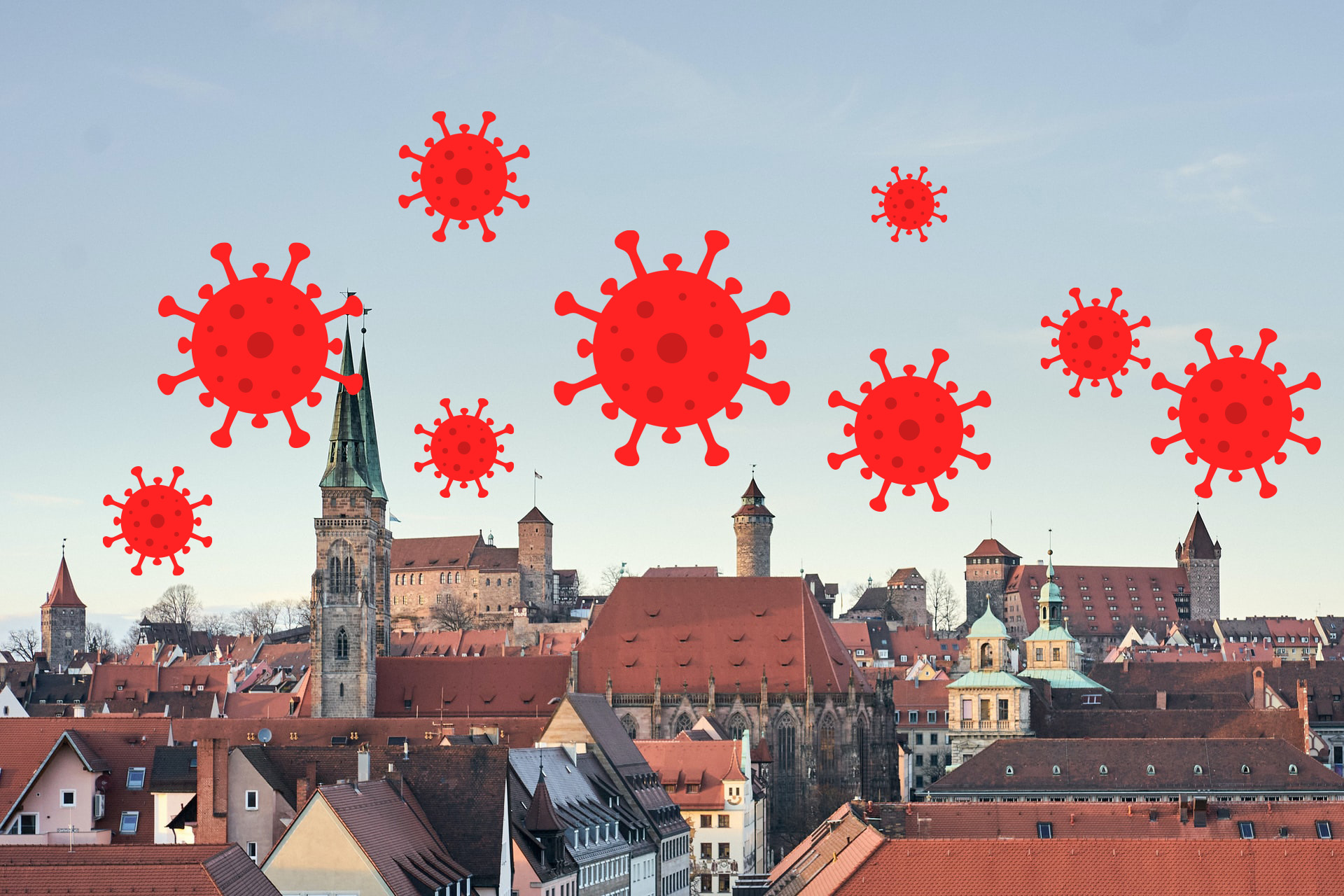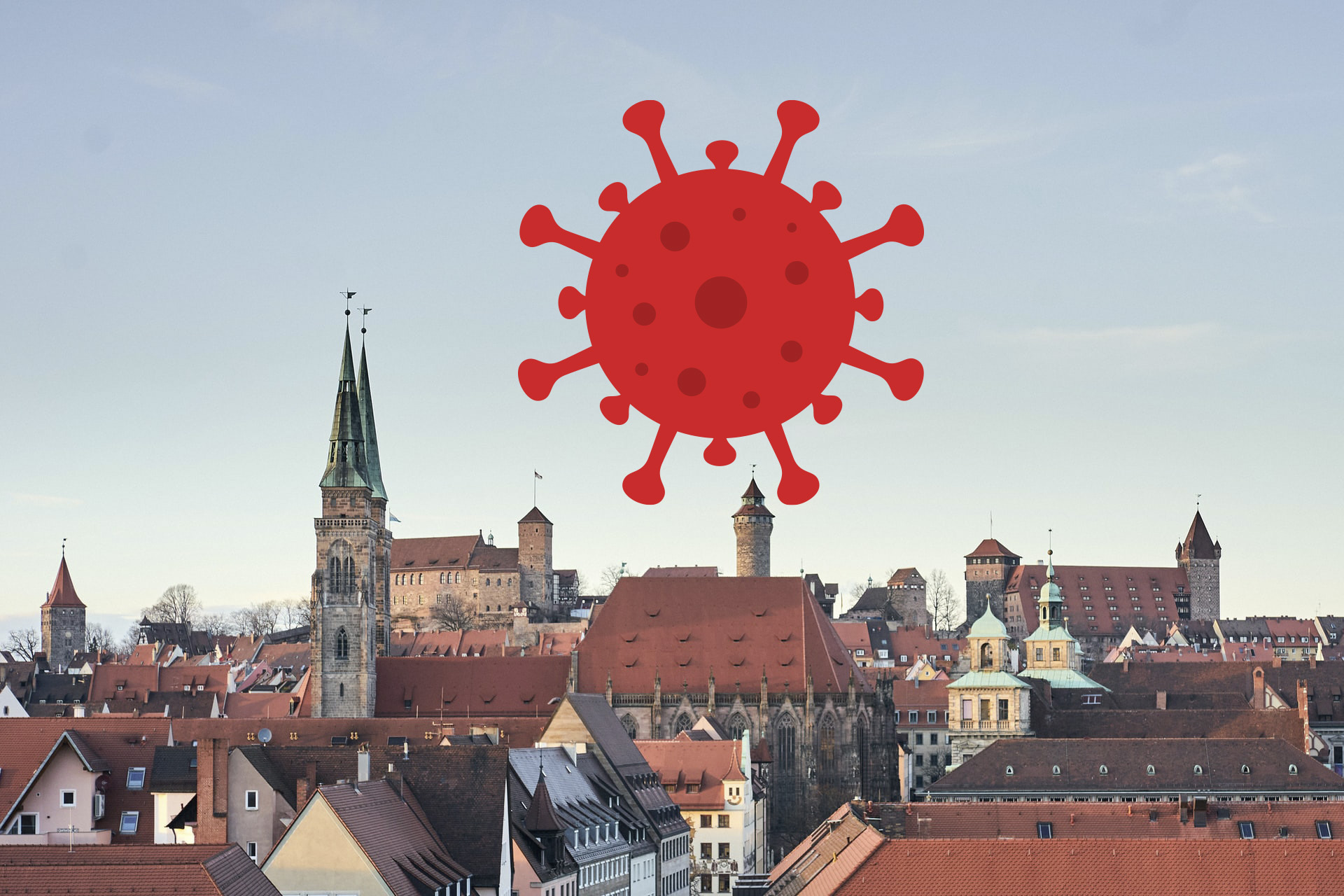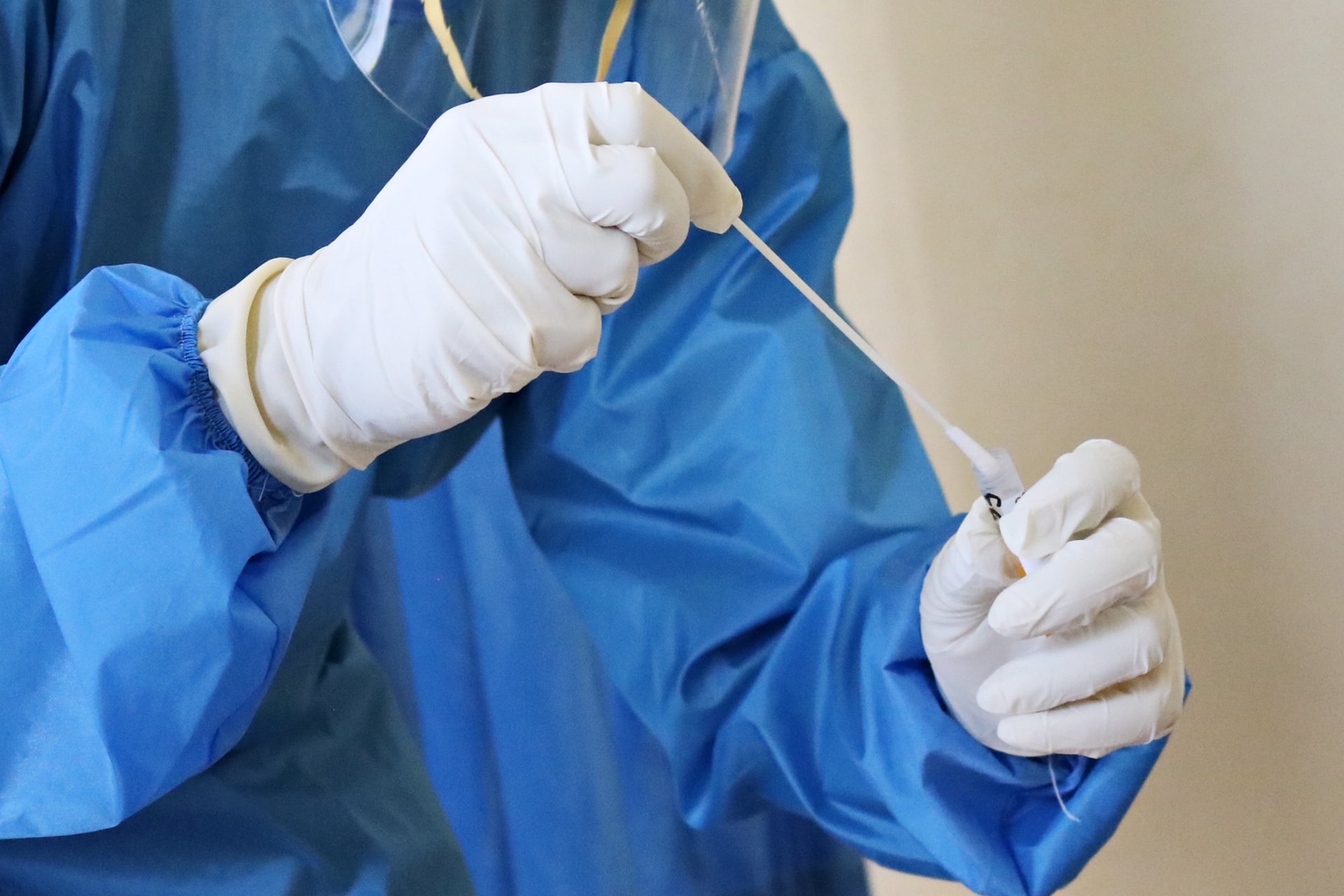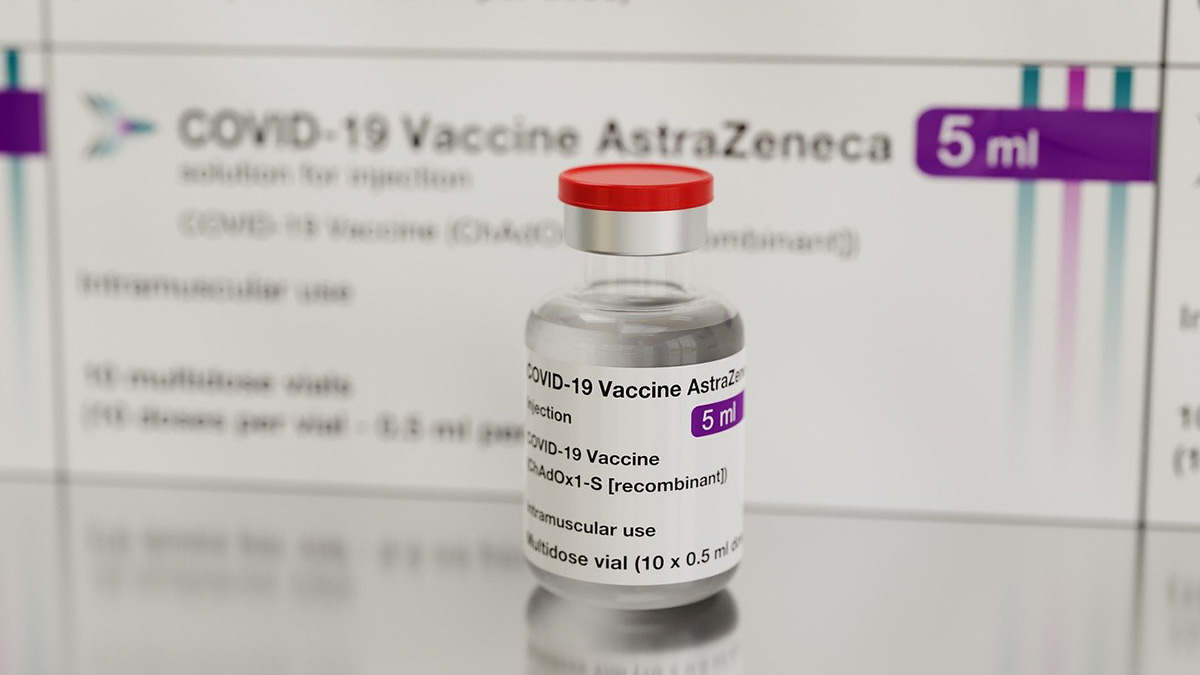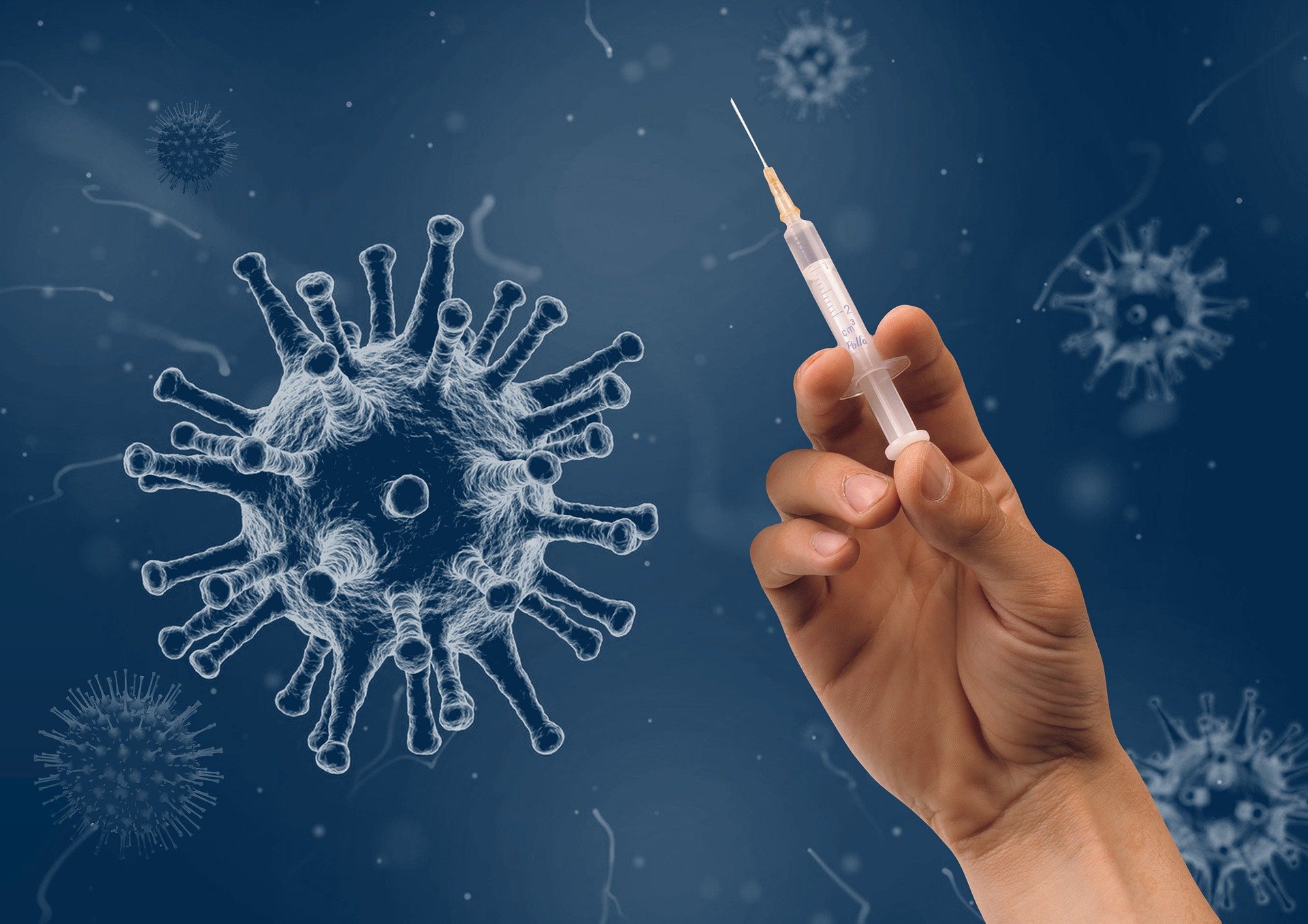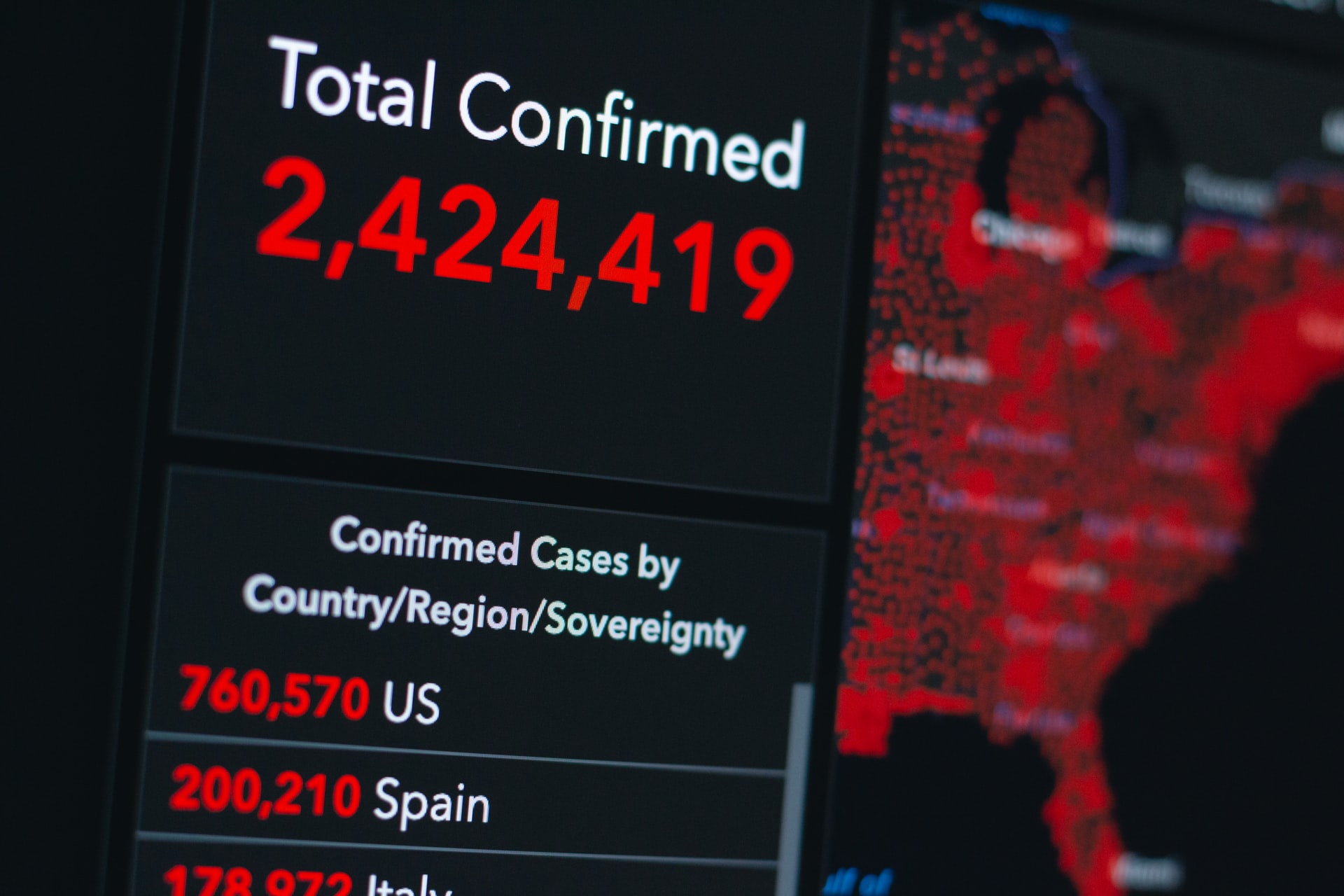Update from 03.09.2021: 3G rules and the hospital traffic light replace former restrictions. All medical-grade masks are allowed where FFP2 masks were formerly required.
Current local incidence levels can be found on city and municipality websites, as well as on the Robert Koch Institute COVID-19 Dashboard (in German).
The seven-day incidence level model is now largely obsolete. Measures will now be tightened in accordance with hospital occupancy levels.
A comprehensive guide of the present guidelines in Nuremberg is available here.
COVID-19 Vaccination
Anyone living in Bavaria and wishing to be vaccinated against COVID-19 can register online to get on the waiting list here: http://impfzentren.bayern. Some general practitioners, medical specialists and company doctors have also been approved to administer the vaccine. Appointments are made directly through the practice.
As of Thursday, May 20th, vaccine prioritization has ended. All those wanting to be vaccinated are eligible, regardless of age or other risk factors.
The CoV-Pass-App allows for digital proof of vaccination. A QR code can be issued by the center or doctor administrating the vaccination. If the second vaccination has already been administered, the QR code can be retrospectively issued by many pharmacies.
Tests
Residents are entitled to at least one free quick test per week, ending October 11th, 2021. These are performed at community testing centers as well as certain pharmacies.
Masks
A medical-grade mask (surgical or FFP2) is mandatory when using public transport as well as in retail outlets in Bavaria.
3G Rules
3G stands for:
- Geimpft (full vaccination for at least 15 days with a EU approved vaccine)
- Genesen (full recovery from corona infection for no more than six months)
- Getestet (negative PCR test result no more than 48 hours old, or a negative rapid antigen test result no more than 24 hours old)
Individuals must meet one of the three “G” requirements to gain entry to certain venues. 3G rules do not apply to children under the age of six. School children may use their student ID card as proof of their age.3G rules take affect in cities and districts with a seven-day incidence level over 35. They apply to most indoor settings: public and private facilities, fitness studios, sports facilities, theaters, cinemas, museums and memorials, restaurants, hotels, universities, hospitals, libraries, archives, music schools, adult education centers, leisure facilities (i.e. pools, thermal baths, saunas, cable cars and excursion boats, casinos and tourist coaches)
Exceptions to the 3G rules include: private rooms, public transport, and church services.
Public Events
Events with over 1,000 visitors and trade fairs must abide by 3G rules, regardless of incidence level and location.
Schools and Daycare Centers
Mandatory, biweekly testing is required. Pupils who refuse testing or are quarantined will receive distance learning.
Masks are required until at least October 1st.
Hospital Traffic Light
Instead of relying on seven-day incidence levels, restrictions will be tightened in accordance with Bavaria’s hospital occupancy levels. The “light” will turn yellow if more than 1,200 corona patients admitted to Bavarian hospitals within seven days, and red when more than 600 corona patients are in Bavarian intensive care units. What specific restrictions would come into act has not yet been agreed upon.
Entering Germany
All travelers entering Germany by plane must present negative test results (no older than 48 hours for antigen tests or 72 hours for PCR tests) before flight departure. Proof of a complete corona vaccination (full vaccination for at least 15 days with a EU approved vaccine) is also accepted.
Travelers who have spent time in a risk area within the ten days prior to entering Germany must register before entering. Upon arrival, they are required to spend 10 days in quarantine. Within 48 hours of entering, they must possess proof of testing and present it to the relevant authorities within 10 days of entry, if requested. Travelers entering from a particularly high-risk area must be tested before starting their journey. From the fifth day after entry and onward, the quarantine can be shortened if a negative test result is achieved. Travelers entering from areas of variant concern must spend 14 days in quarantine. There are no exceptions and no possibilities for shortening.
Even after testing negative, travelers experiencing typical coronavirus symptoms (for example, difficulties breathing, newly developed cough, fever or loss of smell or taste) within ten days of entry are required to contact their responsible health office immediately.
When entering Bavaria by air, those who show no symptoms and have been fully vaccinated for at least 15 days with a EU-approved vaccine are exempt from the quarantine requirements, so long as they are not entering from a risk area. Vaccinated persons must provide valid proof of vaccination (for example, a yellow vaccination passport or confirmation from a doctor or vaccination center). Rules regarding registration and testing still apply.
For more information on entering Germany, please visit the following links:
Travel Restrictions and Border Control FAQ
Leaflet from the Federal Ministry of Health for Travelers
Corona-Warn-App
The Corona-Warn-App anonymously tracks and warns users of contact with an infected person. Use is voluntary but encouraged. More information can be found here.


